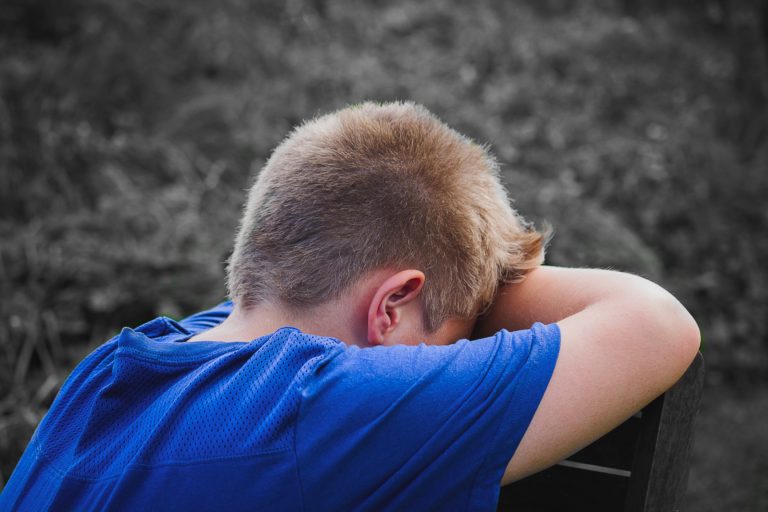We all react and respond to traumatic events differently. However, as parents, it is important to understand that the feeling you may be experiencing could be far different than those of your children. Recent tragic events happening across our country are extremely frightening, and the days, weeks, and months that follow can be stressful.
That’s why knowing how to support your children during this time is essential. The National Child Traumatic Stress Network outlines a few ways to do that:
Learn more about how people react to trauma
Not everyone will react the same way to a traumatic event. That’s why it’s important to understand the different ways people respond to tragedy. Those reactions could be feelings of fear about your safety and the safety of others that another traumatic event could occur.
It is also quite common to see changes in behavior. A person can experience a significant increase in activity level, irritability, sadness, or withdrawal. They could also see a decrease in concentration, sleep and appetite and a lack of interest in usual activities. There can also be physical changes to a person dealing with traumatic events. A person could see physical ailments like headaches, stomach aches and other aches and pains.
Reminders of the event can also lead to strong reactions, for example if a person responds to a strong reminder of the event that took place, like seeing friends who were part of the incident, media messages, seeing first responders and memorials. Some people experience an increased sensitivity to sounds that remind them as well like loud noises or screaming.
Help yourself first
It is important to make sure you are taking care of yourself physically. The NCTSN says make sure you are drinking plenty of water, continuing to eat regularly and get enough sleep and exercise. Also, don’t forget to give yourself a break, take time to rest and do the things you like to do so you can find a few moments of relaxation.
Supporting each other is another way to recover. If others also experienced the same event as you, it is important to reach out to each other and support one another. Take time with other adults, relatives, friends or other community members to talk about your experience.
Following a traumatic event, our minds may not be thinking clearly. It is not the time to make a major, life-altering decision. Put that decision off, if possible.
Support your children’s mental health
Teenagers and children will struggle to understand the significance of the traumatic events that occurred. That’s why it is important to spend time talking with your children and making sure to find the time to have those conversations. They may ask questions that make you uncomfortable, but it is important to remember that they are looking at your reactions. If you don’t know all the answers, it is OK to say you don’t know all the details. These conversations should not be forced however, the important thing is to make sure your children you know are available for them.
Just as practicing self-care is important for adults, it is also important for children. In addition to ensuring they continue to eat and drink well and take breaks during the day; let them know that it is OK to not want to talk with others about the events, as having to talk about it can bring feelings of shame or guilt. While parents might want to give their children more freedoms, it is important that expectations or rules stay in place. Things like curfew, chores and checking in while out with friends.
Finally, it is important to make sure your children are getting help elsewhere. Consider bringing in the other important adults in your child’s life to understand what they are going through, people like teachers, coaches, and other close relatives. If your child is continuing to have a hard time handling themselves following a traumatic event, then seek professional help from a doctor or medical professional. For those that have physical injuries, allow them to be part of the decision-making process when it comes to their medical care.




































